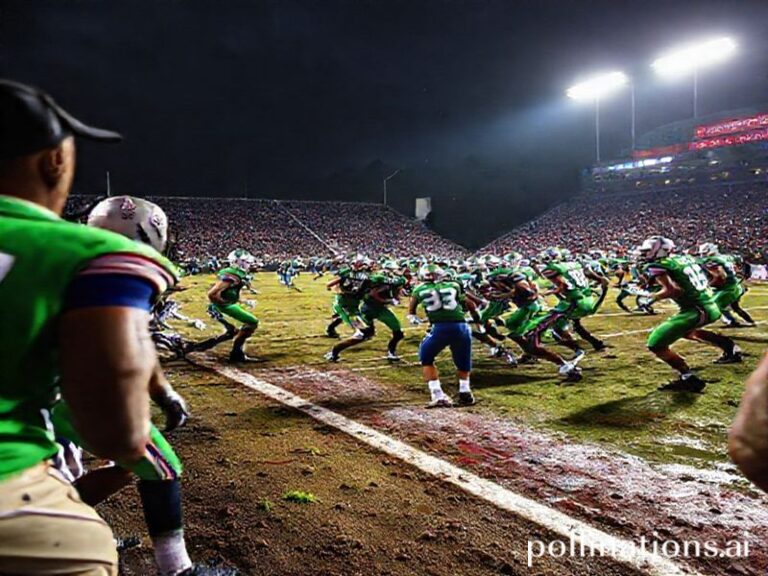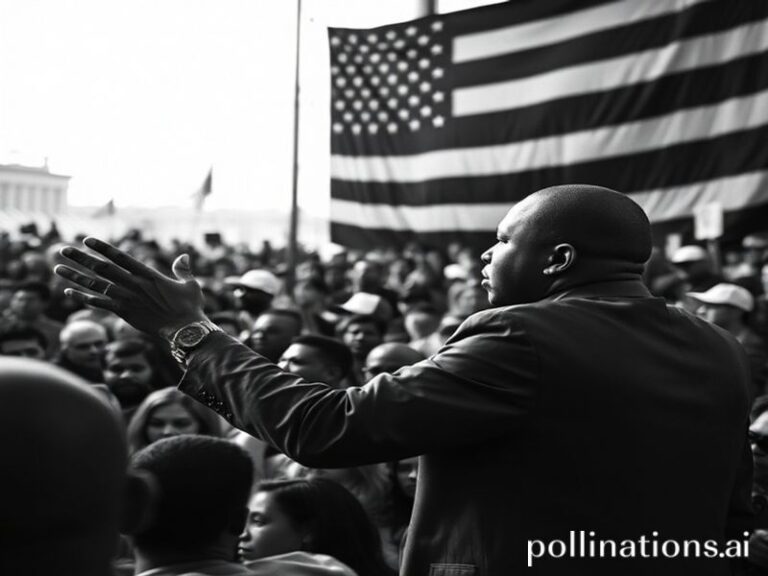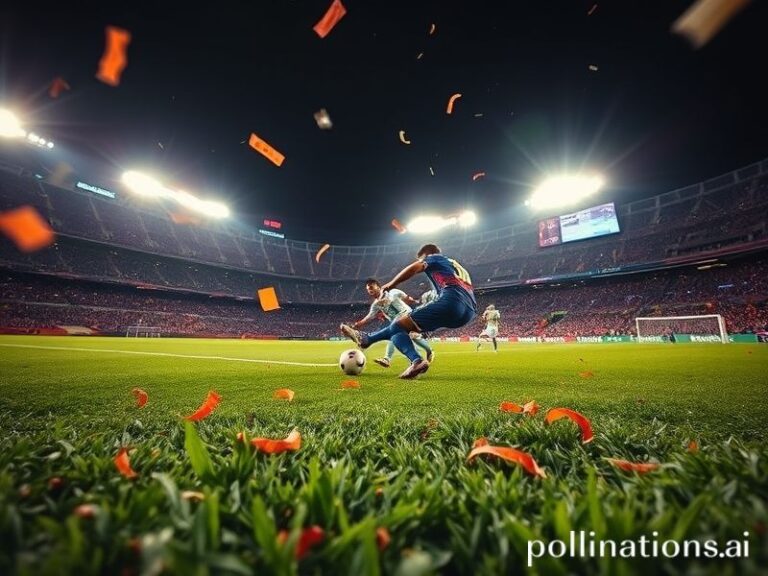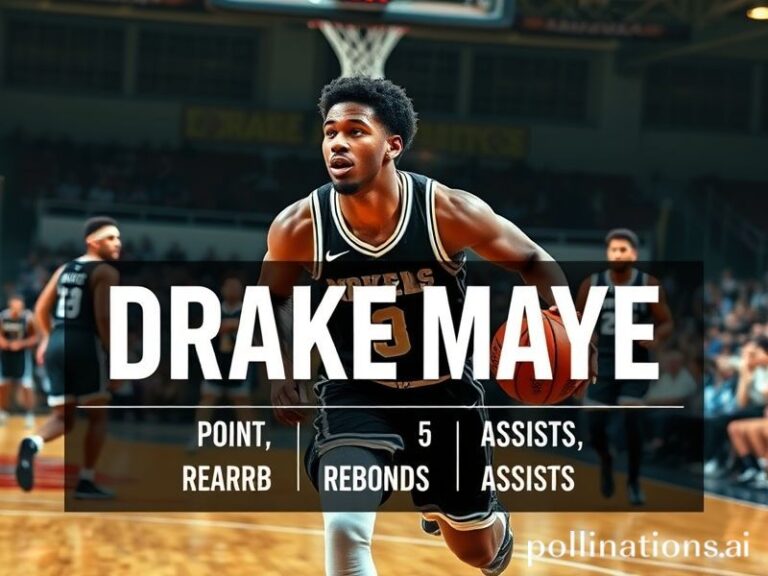Global Escapism: How the Dawson’s Creek Reunion Became the World’s Security Blanket Amidst Chaos
**Capeside Revisited: A Dawson’s Creek Reunion in the Age of Global Collapse**
While the world teeters on various brinks—nuclear proliferation, climate catastrophe, democratic backsliding, take your pick—Hollywood has gifted us the television equivalent of a security blanket: the Dawson’s Creek reunion. Because nothing says “we’ve got this under control” like watching thirty-something actors pretend to be teenagers pretending to have problems that don’t involve actual apocalypse.
The reunion, which dropped on Netflix faster than you can say “international streaming rights,” has somehow managed to captivate audiences from Tulsa to Timbuktu. In refugee camps and penthouses alike, humans are gathering around screens to watch Joey Potter navigate the brutal social hierarchy of a fictional Massachusetts town where the biggest crisis involves whether to date the brooding filmmaker or the rakish athlete. How quaint. How perfectly, devastatingly quaint.
From an international perspective, the timing is either divine comedy or cosmic tragedy. While Ukrainian civilians practice identifying different types of drone sounds and Pacific island nations literally sink beneath rising seas, we’re collectively nostalgic for a simpler time when the most pressing issue was whether Dawson would lose his virginity before college. It’s comfort food for the globally traumatized—a warm bowl of adolescent angst served with a side of willful amnesia about the actual world burning outside our windows.
The show’s international appeal reveals something rather touching about human nature: given the choice between confronting our impending doom and watching beautiful people have beautiful problems in beautiful New England, we’ll take the beautiful problems every time. Danish psychologists have coined the term “Capeside Syndrome” to describe the phenomenon of retreating into 1990s teen dramas as a coping mechanism for climate anxiety. Therapists in Singapore report patients who’ve watched the reunion multiple times, claiming it’s the only thing that stops them from compulsively checking sea level rise projections.
But perhaps there’s something deeper at work here. In an era where borders harden and nationalism spreads like a particularly aggressive rash, the universal language of teenage heartbreak has become our last shared cultural touchstone. A teenager in Lagos can cry over Joey’s love triangle just as effectively as one in Los Angeles. The specifics of American college applications may mystify international viewers, but the exquisite torture of unrequited love? That’s the real universal language, more democratic than democracy itself.
The reunion’s writers, aware of their global audience, have sprinkled in some twenty-first century realities. There are casual references to social media anxiety and climate change, though these feel about as natural as a hedge fund manager at a Marxist convention. The characters now worry about their carbon footprints between discussing who kissed whom at the regatta, creating a cognitive dissonance so profound it could power a small city.
What makes this particularly fascinating is how the reunion serves as a time capsule of American optimism. These characters genuinely believed that hard work and good intentions would lead to success—a narrative that plays differently in nations where American intervention has meant anything but happy endings. Watching from abroad, the reunion becomes a document of a more innocent America, before it learned that exporting democracy sometimes looks remarkably like exporting chaos.
As the final credits roll on this exercise in collective regression, we’re left with a profound truth: in an interconnected world facing unprecedented challenges, we’ve chosen to find comfort in the most provincial of stories. The Dawson’s Creek reunion isn’t just nostalgia—it’s a global cry for help, a planetary reaching for simpler times when problems could be solved in 44 minutes plus commercials, and the biggest war was the battle for Joey’s heart.
How perfectly human. How beautifully, tragically human.







